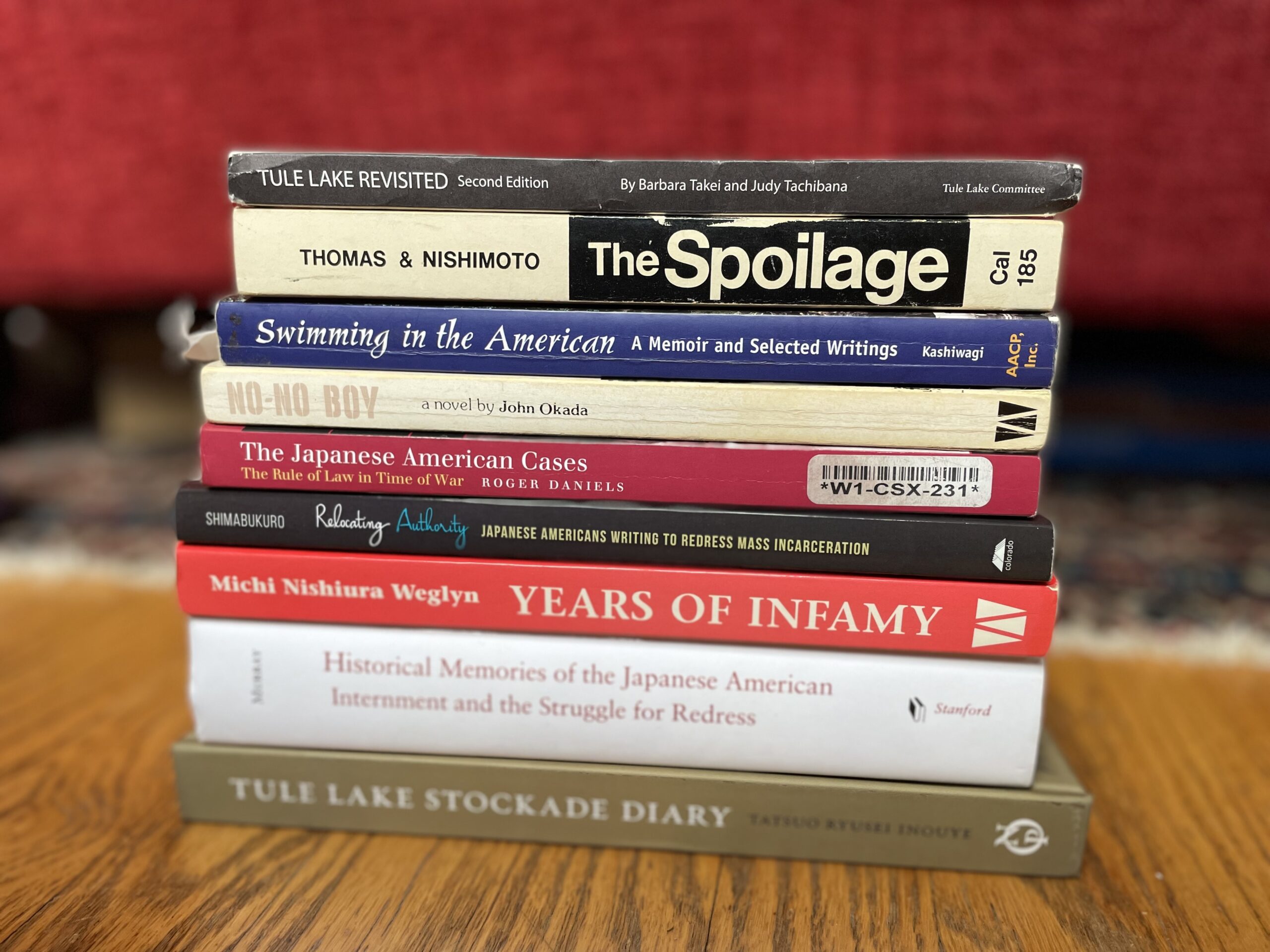Tacoma Japantown
Frequently Asked Questions for Descendants
of Tacoma Japanese Americans

We recommend Densho’s “Family History” program, a series of free webinars with handouts by expert genealogist Linda Harms Okazaki.
You may also request to join the Japanese American Roots group on Facebook.
I would like to add to the community resources on Tacoma Japanese American history. Where can I donate my family documents and photos?
Donations of physical items are possible through:
—Washington State Historical Society. The collection of the Historical Society resides mainly in Tacoma. The Historical Society created the REMEMBRANCE exhibit about the legacy of Executive Order 9066 and Japanese Americans in our state, and also has an archival collection. A virtual tour of the exhibit is available online.
—Tacoma Public Library. The Library’s Northwest Room does accept certain materials on a case by case basis. The Northwest Room donation guide is available here.
—University of Washington Libraries, Special Collections. Depending on the materials, you will need to contact a librarian first to see what they will accept.
—HistoryLink (online encyclopedia of Washington state history). If you find a first-person account sthat might be interesting for future generations, contact HistoryLink, which may consider uploading the account in its “People’s Histories” section.
—Densho is an invaluable resource, but the organization will not store your items; they will only scan and return them. They will help you find places to donate your items, if you are interested.
I have a lot of family documents and photos. How should I preserve them?
There are a few avenues you can pursue—and if you want long-term preservation, you should use at least two out of the three avenues below. Context about photos and documents (who, what, when, where, why) is especially important when deciding what to keep.
Home preservation. Densho has advice and resources on physical preservation of family archives.
Digital preservation. The advantage of digitization is a “backup” format for your items, especially those that are fragile. Recommended for home archives. Densho is a widely recommended and respected organization for digital preservation (as well as indexing and curation), but they will not retain any original documents or photos permanently. You can loan items to Densho for digitization.
Professional archival preservation. If you do not want to store the items yourself, you might consider donating them to museum or library collections.
I have a lot of Japanese cultural artifacts (dolls, clothes, dishes, etc.) and am unaware of any stories behind the objects. What should I do with them?
If you do not wish to keep them, and do not know any particular stories behind the objects, consider donating them to resale stores like Seattle’s Hosekibako, located at the Japanese Cultural and Community Center of Washington
Consider also places like the Washington State Historical Society and the Tacoma Historical Society.
“The Tacoma Historical Society (THS) welcomes the donation of artifacts which chronicle the experience of Tacoma’s Japanese American community. It is interested in artifacts related to early immigration to the United States at the turn of the 20th century and the early history of the community’s members and Tacoma’s Nihonmachi, leading up to and including the World War II incarceration experience and military service, up through the present day. THS accepts a wide variety of materials, including but not limited to photographs, letters, ephemera, clothing, tools, toys, housewares, and small furnishings. Artifacts of daily life are also welcome; items with stories, such as who was using it, how it was used, and approximately when it was in use are of particular interest.”
—Director Michael LaFreniere and Lead Curator Elizabeth Korsmo